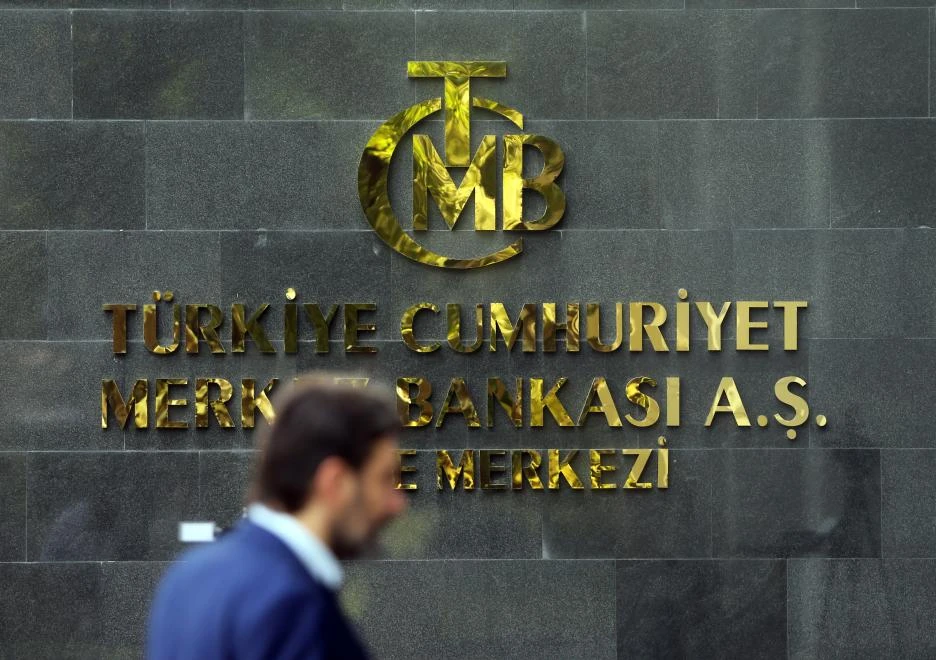King Charles and Prince William’s property empires profit from public services, report reveals
 Britain's King Charles III (C) departs after the bestowing and farewell ceremony on the final day of the royal visit to Samoa at the Siumu Village in Apia on October 26, 2024. (AFP Photo)
Britain's King Charles III (C) departs after the bestowing and farewell ceremony on the final day of the royal visit to Samoa at the Siumu Village in Apia on October 26, 2024. (AFP Photo)
A recent investigation has revealed that the property portfolios of King Charles and Prince William generate millions of pounds from cash-strapped charities and public services, including the NHS, state schools, and prisons.
The investigation, conducted by Channel 4’s Dispatches in collaboration with The Sunday Times, highlights the significant income derived from the Duchies of Lancaster and Cornwall, royal estates exempt from business taxes that fund both the royals’ philanthropic activities and lifestyles.
According to the report, the Duchies collectively hold over 5,400 leases, poised to generate at least £50 million from arrangements with public services. One prominent 15-year agreement obliges London’s Guy’s and St Thomas’ NHS hospital trust to pay £11.4 million to lease a warehouse from the Duchy of Lancaster for its electric ambulance fleet. Additionally, King Charles is expected to receive £28 million from wind farm installations, as the Duchy of Lancaster retains historic rights to charge for cables running across the foreshore.
Prince William’s Duchy of Cornwall has also made notable agreements, including a £37 million deal leasing Dartmoor prison to the Ministry of Justice. Though the ministry is required to manage all repairs, it faces ongoing expenses for a facility currently devoid of inmates due to high radon levels. Since 2005, William’s estate has generated at least £22 million in rents from Camelford House, a Thames-side property leased to various tenants, including charities such as Marie Curie and Macmillan, both of which recently vacated due to cost pressures.
The report sheds light on further arrangements with the Royal Navy, which has paid more than £1 million to use jetties and dock ships, and with the Ministry of Defence, which incurs unspecified costs to train on Dartmoor. Additionally, rental income from six state schools and a newly constructed fire station has contributed more than £1.2 million to the Duchy of Cornwall.
While King Charles and Prince William have publicly advocated for environmental responsibility, findings show that a portion of their leased residential properties fall below government energy efficiency standards. The investigation indicates that 14% of homes leased by the Duchy of Cornwall and 13% by the Duchy of Lancaster are rated F or G in energy performance. Since 2020, UK law prohibits leasing properties below an E rating unless exemptions apply. The Duchy of Lancaster responded, stating, “Over 87% of all duchy-let properties are rated E or above. The remainder are either awaiting scheduled improvement works or are exempted under UK legislation.”
The revelations have spurred calls for a parliamentary investigation and a possible reassessment of the estates’ tax advantages. Critics argue that the estates benefit from their exemption from corporation and capital gains taxes, which may confer an undue commercial edge. Former Commons public accounts committee chair Baroness Margaret Hodge advocated for increased transparency, saying, “This would be a brilliant time for the monarch to say, I’m going to be open, and I want to be treated as fairly as anybody.”
Representatives from both duchies emphasized their compliance with statutory disclosure requirements, asserting that they operate as commercial enterprises committed to environmental sustainability. The Duchy of Lancaster clarified that “His Majesty the King voluntarily pays tax on all income received from the duchy.”



